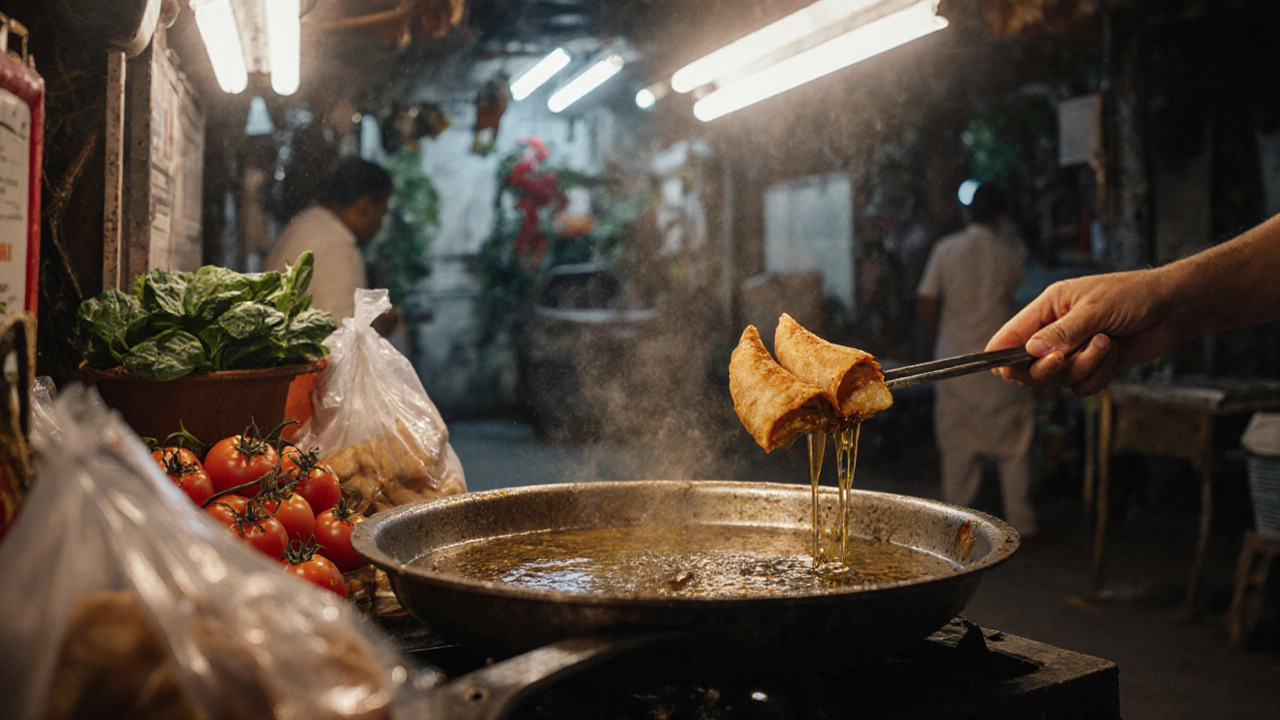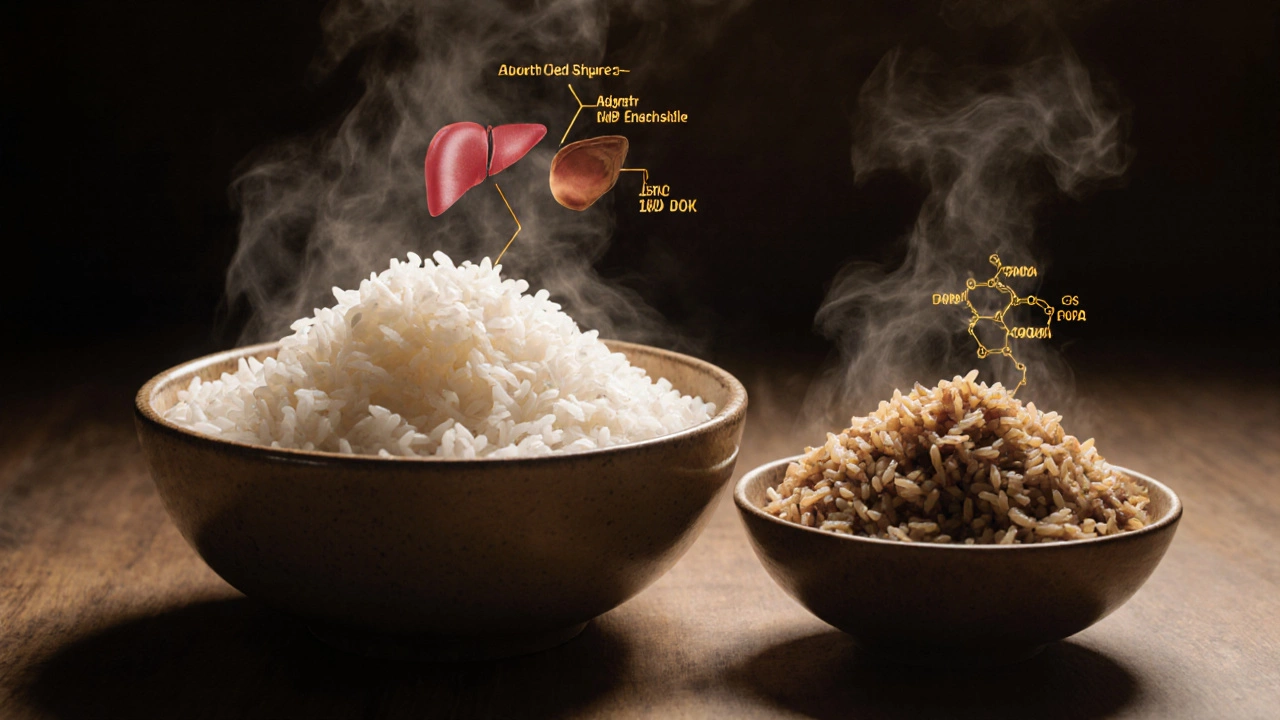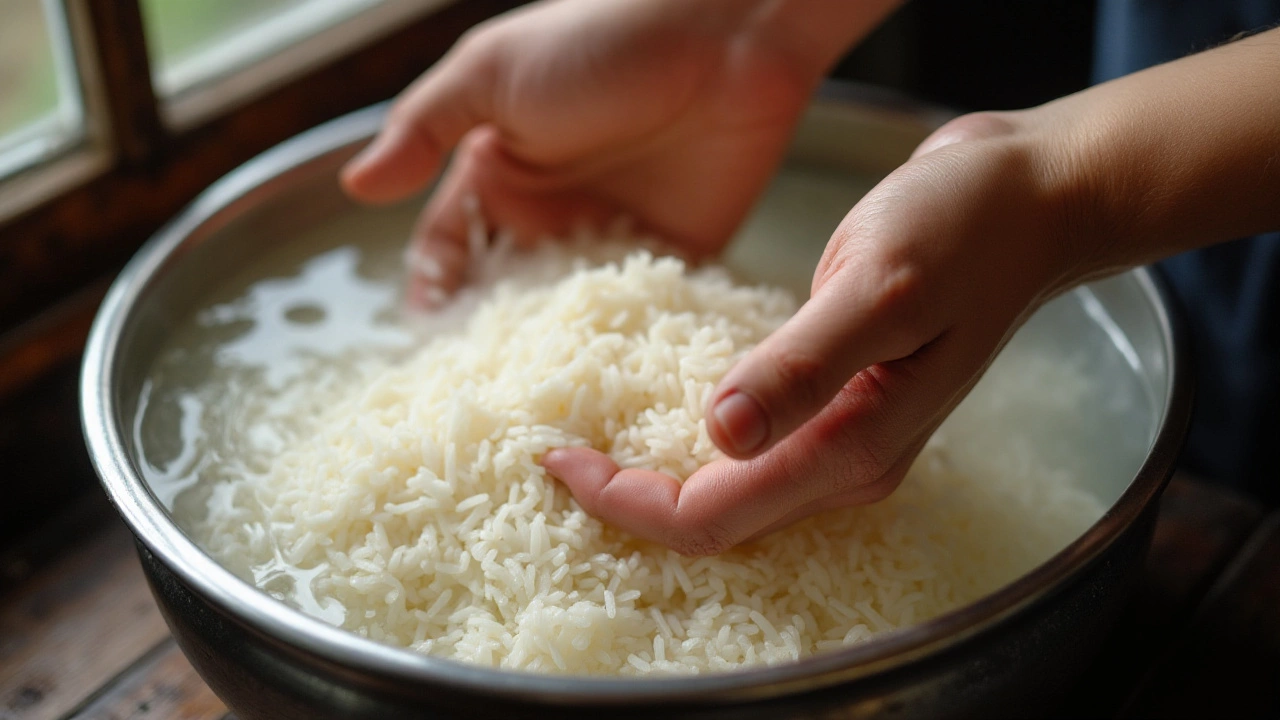The unhealthiest food in the world isn't a single item-it's ultra-processed, sugar-laden, trans-fat-filled products designed to be addictive. Learn what to avoid and how to make better choices.
Other Agricultural Practices You Need to Know
When we think of farming, we picture fields of crops, tractors, and irrigation—but other agricultural practices, daily routines and small-scale techniques that support food safety, quality, and efficiency. Also known as hidden farming habits, these are the quiet rules that make the difference between good harvests and great ones, between bland rice and perfect grains. These aren’t big-tech solutions or expensive gadgets. They’re the things farmers and home cooks have done for generations because they work.
Take rice washing, the simple act of rinsing rice before cooking to remove excess starch and impurities. Also known as rice rinsing, it’s not just tradition—it’s science. Unwashed rice can turn gummy, stick together, or even carry dust and trace chemicals from processing. Washing it improves texture, reduces arsenic levels, and makes every bite better. This isn’t a luxury; it’s a basic step that connects your kitchen to the field. It’s one of those food preparation, practices that bridge farming and home cooking. Also known as culinary farming, it shows how agriculture doesn’t end at the market. The same logic applies to how you handle other crops, seeds, or even compost. Small actions, big results.
These other agricultural practices often get ignored because they’re not flashy. But they’re the backbone of sustainable living. Whether it’s cleaning vegetables before storage, drying grains properly to avoid mold, or using natural methods to keep pests away from stored food, these habits keep your food safe and your soil healthy. They’re not just for big farms—they matter in your backyard, your balcony garden, or your kitchen counter. You don’t need a degree to do them right. Just attention.
Below, you’ll find real, practical guides that unpack these overlooked steps. From why washing rice matters to how simple prep can change your meals, these posts give you the why and the how—no fluff, no jargon. Just clear, useful info that turns everyday actions into smarter choices.
White rice doesn't contain cholesterol, but its rapid digestion spikes blood sugar and triggers your liver to produce more LDL cholesterol. Switching to brown rice or other whole grains can lower bad cholesterol naturally.
Before the aroma of a warm bowl of rice fills the room, there is a simple yet crucial step often overlooked: washing the rice. This practice, rooted in both tradition and science, affects the texture, taste, and safety of the cooked rice. By rinsing away excess starch and impurities, one can elevate even humble grains to a dish of perfection. Get to know why this essential kitchen habit deserves your attention.


